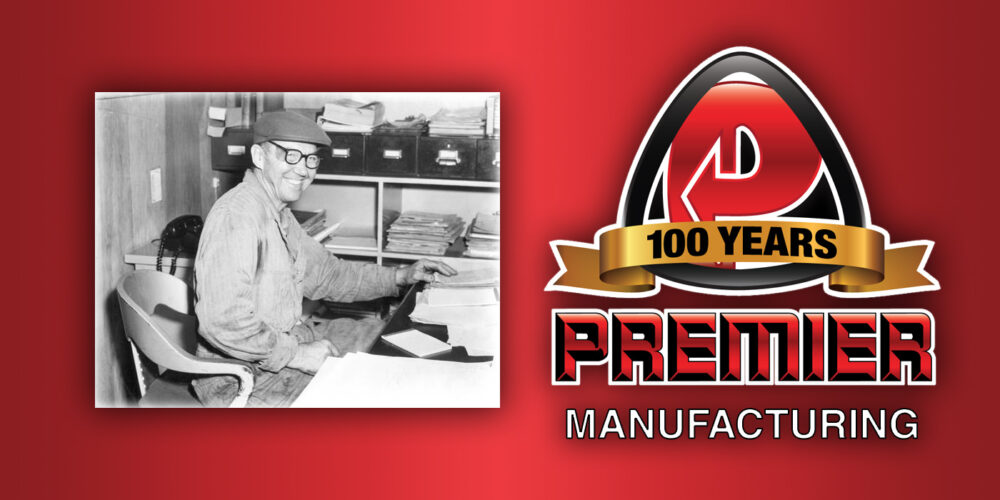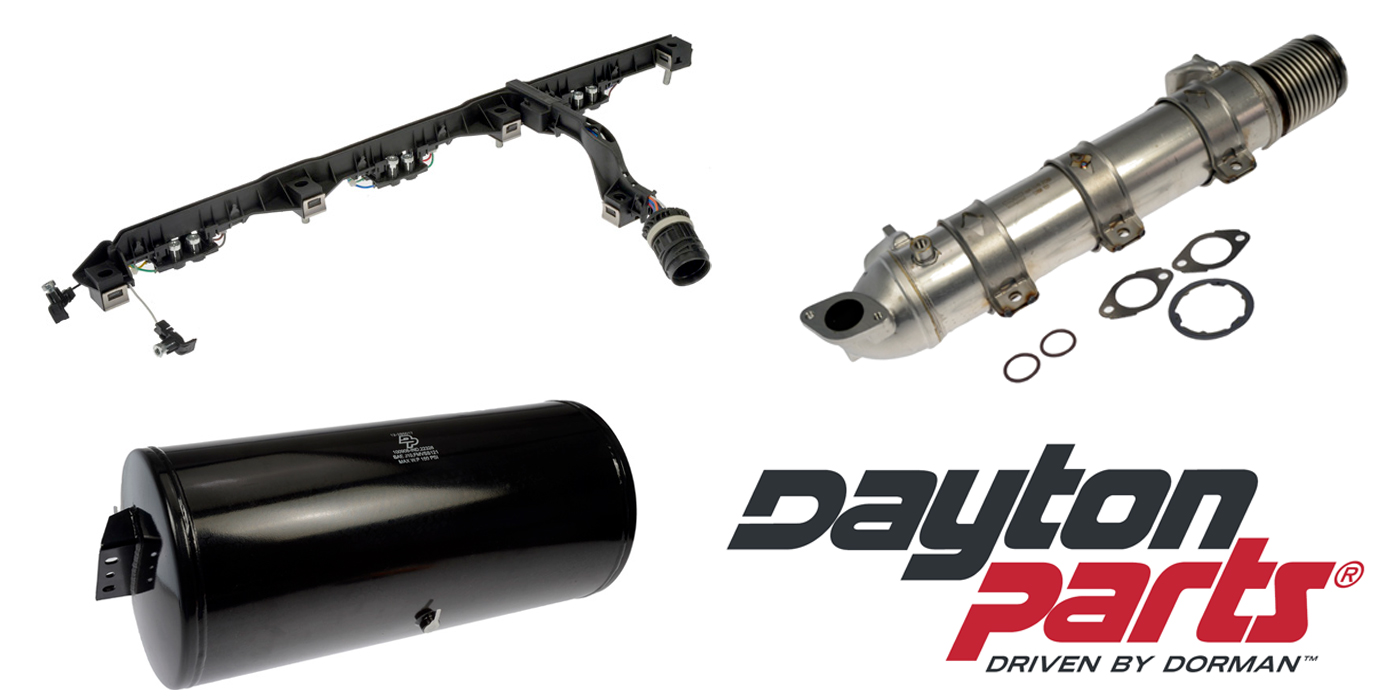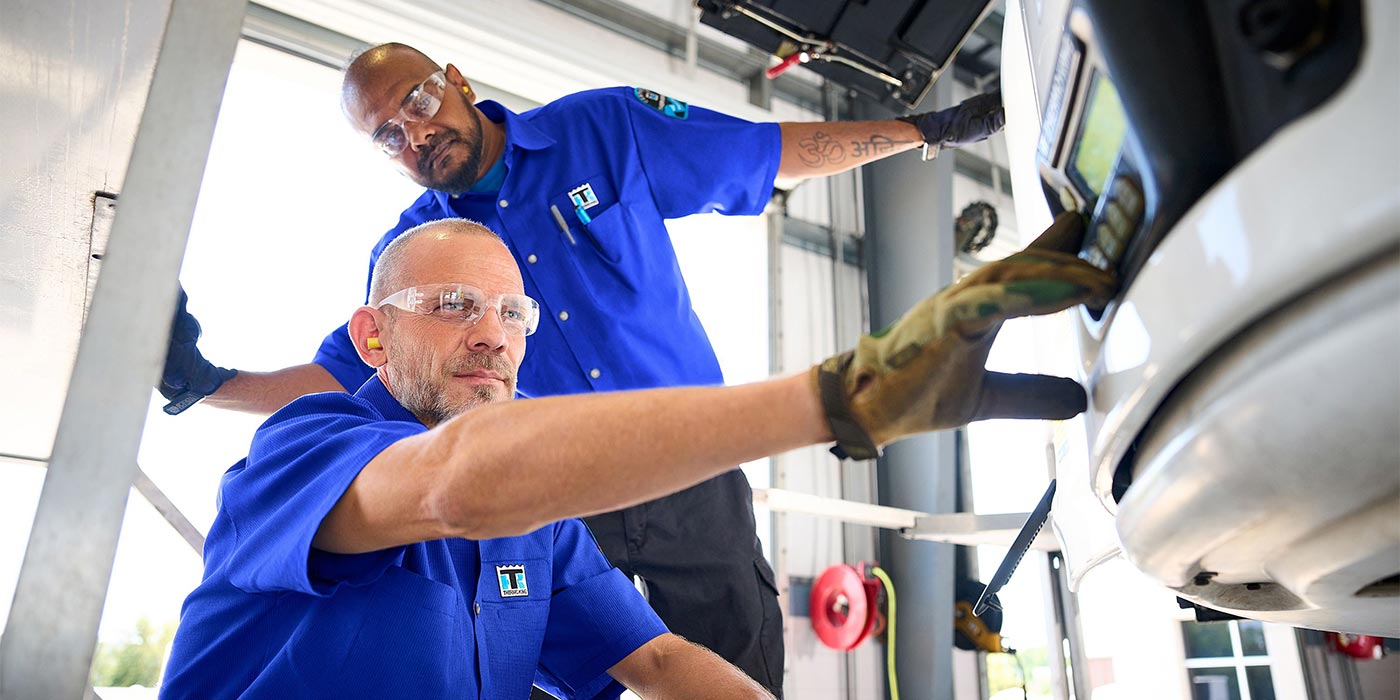In previous columns I’ve mentioned the fact that biodieselfuels make sense for a variety of reasons––unlike corn-based ethanol. So, thismonth let’s investigate how biodiesel fuels are progressing after a few yearsin the marketplace.
Thanks to a lot of pressure from people in the industry(particularly within the TMC), the ASTM has now completed issuing a series ofspecifications which should help drive more consistent biodiesel fuel quality:
ASTM D 6751 for 100% biodiesel fuel
(B100)
ASTM D 975 for 0-5% biodiesel blends
(B0-B5)
ASTM D 7467 for 6-20% biodiesel
blends (B6-B20)
Many of the early production problems have been resolved,and the quality of the biodiesel in the market place is markedly improved.
The federal government issued labeling requirements for fueldispensing pumps that are supposed to help consumers identify the biodieselblends they are pumping, but the labeling requirements are ambiguous. Pumpsdispensing 20%–100% biodiesel blends must state the percentage of biodiesel beingsupplied at the pump on the label. Pumpsdispensing B6-B20 biodiesel blends have to state that biodiesel is present, butthe labels don’t have to identify the actual percentage being pumped. Pumpsdispensing 5% biodiesel (B5) or less don’t even have to state that biodiesel ispresent in the ULSD fuel.
At the recent biodiesel task force meeting of the EngineStudy Group (S3) at the TMC annual meeting, these labeling inconsistencies werethe subject of much discussion. Robert “Rosey” Rosenthal, who chairs this taskforce, said that many fleet members were trying to determine just how muchbiodiesel they could utilize without adversely affecting engine fuel economy,durability and performance. Thanks to these labeling ambiguities, they oftendon’t have a clue how much biodiesel they are using. And, of course, statelabeling requirements can also vary considerably (I think Washingtonstate labels pumps with the actual percentage being dispensed).
Approximately 25 states now offer tax incentives for usingbiodiesel fuels. Illinois has exempted biodiesel fuels from paying its 6 1/4 %state sales tax. This savings alone can more than offset any specialrequirements that the use of biodiesel dictates.
With all the discussion, regulation, and marketing informationout there, perhaps it is time to revisit the pros and cons of biodiesel fuels.I’ve said it before: I think biodiesel fuels are a good idea for our country.
Pros:
• Reduced dependence on foreign sources of energy
• Less CO2 introduced into the atmosphere
• Various tax credits for usage
• Reduced CO/HC/PM emissions
Cons:
• Slightly less fuel economy (0.5% for B5) than #2ULSD
• Slightly higher NOx emissions
• Limited storage stability (6 months)
• Possible low temperature, storage and filtrationissues at higher biodieselconcentrations
The pros for biodiesel are very straightforward. Themajority of the tax credits go to the manufacturers producing biodiesel and therefiners blending biodiesel into diesel fuel ($0.50-$1.00 per gallon). Thosewho install B20 dispensing stations also get a 30% tax credit. Those poor oilcompanies, I don’t know how they manage to survive!
The cons associated with using biodiesel fuels are almostall a function of the biodiesel content. Biodiesel has less oxidative stabilitythan ULSD, so it can conceivably cause injection and piston deposits in dieselswhen used at higher concentrations. Biodiesel also boils at a highertemperature than ULSD, so it is possible to get more crankcase fuel dilutionwhen using biodiesel fuels. And you all know that biodiesel requires additionalpour point protection at lower temperatures.
Many operators utilizing B5 or less biodieselblends have now completed for over a hundred thousand miles without problems.If fleets ignore the politicians and operate on B5 (or less) fuels, they shouldsee no adverse effects. Europe has done this successfully for years.













